(This post is written by Howard Shan, a soon-to-be 9th grader who has learned Octalysis and is applying it to a game that he is playing recently. Anyone out there who would like to write about similar topics, feel free to reach out to me.)
I started playing Grepolis about one and a half months ago, when I discovered the game in the Google Chrome store. This game is set in Greek times, and the military units, vessels, buildings, and gods are all shaped around Greek culture. Grepolis is a game where the player joins an alliance, builds up his city, and conquers others. According to InnoGames, the company that owns Grepolis and several other games, there are over 16 million registered players. This game is very engaging and many Octalysis principles are applied to it.
Core Drive #1: Epic Meaning & Calling in Grepolis
Grepolis is a game where you are the leader of a city, and you try to build up that city and conquer the cities of others. Being the ruler of multiple cities across the ocean makes you feel more powerful than how you feel in real life. You need to help defend your allies when they are attacked and participate in operations where everyone lands their attacks on their assigned cities at the same time. The objective of the game is to build the World Wonders and bring glory to your alliance. This is a purpose that is bigger than oneself, hence engaging.
Core Drive #2: Development & Accomplishment in Grepolis
In the game, there are some tutorial quests that give you rewards as you complete them. There are also achievements such as “Attacker of the day” or “Defender of the day.” There is also a sense of accomplishment when you climb up the rankings. Finally, after the world you are playing on goes on for a while, there is a final stage where all the alliances race to build the world wonders, and the first alliance to complete 4 of the 7 wonders wins the world.
Core Drive #3: Empowerment of Creativity & Feedback in Grepolis
You cannot really design how your city is built, but you can decide which buildings you consider valuable to upgrade and which to not (there is a maximum amount of farm space that you can have once you upgrade your farm to the max, and if you build all your buildings to the top level, you would have less room for troops) . There is an academy where research is done, but if you upgrade the academy to the max, you still are not able to research all the available technologies. You need to choose which researches should be researched for that specific city and your style of play. Meaningful choices lead to more engagement.
Core Drive #4: Ownership & Possession in Grepolis
In Grepolis, there exists the desire to capture more cities and expand your empire. Also, you and your alliance desire to build world wonders and win the war. This can result in players staying up really late to time their attacks perfectly, attempting to attack with the most efficient way.
Core Drive #5: Social Influence & Relatedness in Grepolis
This drive is present in Grepolis, as you can develop lasting friendships with other players. This can make it really difficult to quit the game because that would mean having to end your relationship with someone else who you may have been working with for a few years. On a smaller scale, if you don’t log in at the right time, your teammates might become upset at you, giving you a very strong motivation to log in at different hours (sometimes secretly).
Core Drive #6: Scarcity & Impatience in Grepolis
Impatience is a very prominent idea in Grepolis, since basically everything you do takes time, from upgrading buildings to sending attacks to demanding resources. There is not much you can do for a large amount of time (and there is no chat system). That is why you can use gold, the premium currency, to speed up the development of your empire, though even with gold you still cannot play for that long since you have a limited amount of resources (you cannot buy resources, but you can speed up resource production). By limiting what a player can do at each time, players are constantly thinking about the game because they need to come back when the right time is there.
Core Drive #7: Unpredictability & Curiosity in Grepolis
The battle system in Grepolis has a major factor in it called luck. Bad luck can change the result of a battle from a glorious victory to a disappointing defeat. Even if you have spied your enemy’s cities and entered your troops into the simulator and have came to the conclusion that you have sure victory, it can also happen that the enemy has seen your attack and that their allies have come to their aid. That makes the player very anxious to know what the result of the battle is.
Core Drive #8: Loss and Avoidance in Grepolis
As in all things that someone spends time and effort in, quitting would involve accepting the fact that you have wasted all the hours that you have spent playing the game. Spending large amounts of time (months) away from the game would probably result in you being kicked from your alliance and finding that all your cities have been captured by others. This is a great example of the Sunk-Cost Tragedy, which is Game Technique #50.
Conclusion for Game Mechanics for the Game Grepolis
As you can see, this game applies to all 8 Core Drives in Octalysis, some more than others. To make the game better, InnoGames can improve the Empowerment of Creativity and Feedback Core Drive (#3). Grepolis can become even more engaging if the game allows you to chose which buildings to build, and if you can also customize your own units. That way there would more meaningful choices a player can make and demonstrate their own styles.


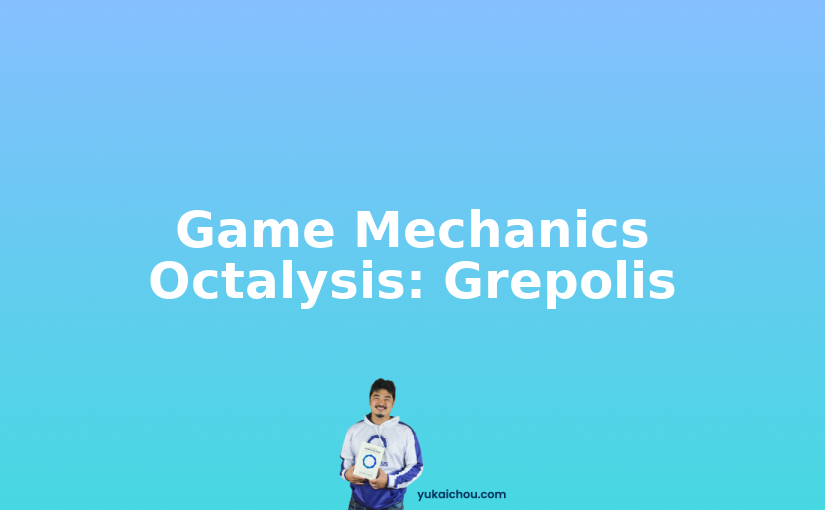

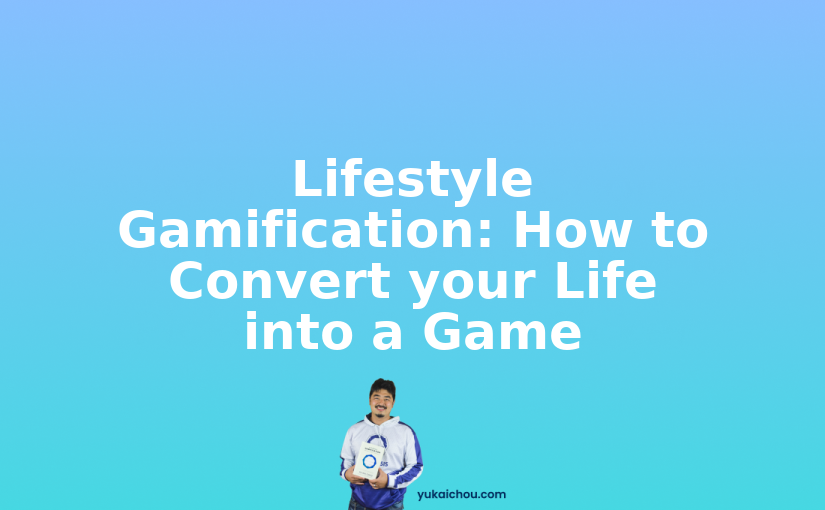
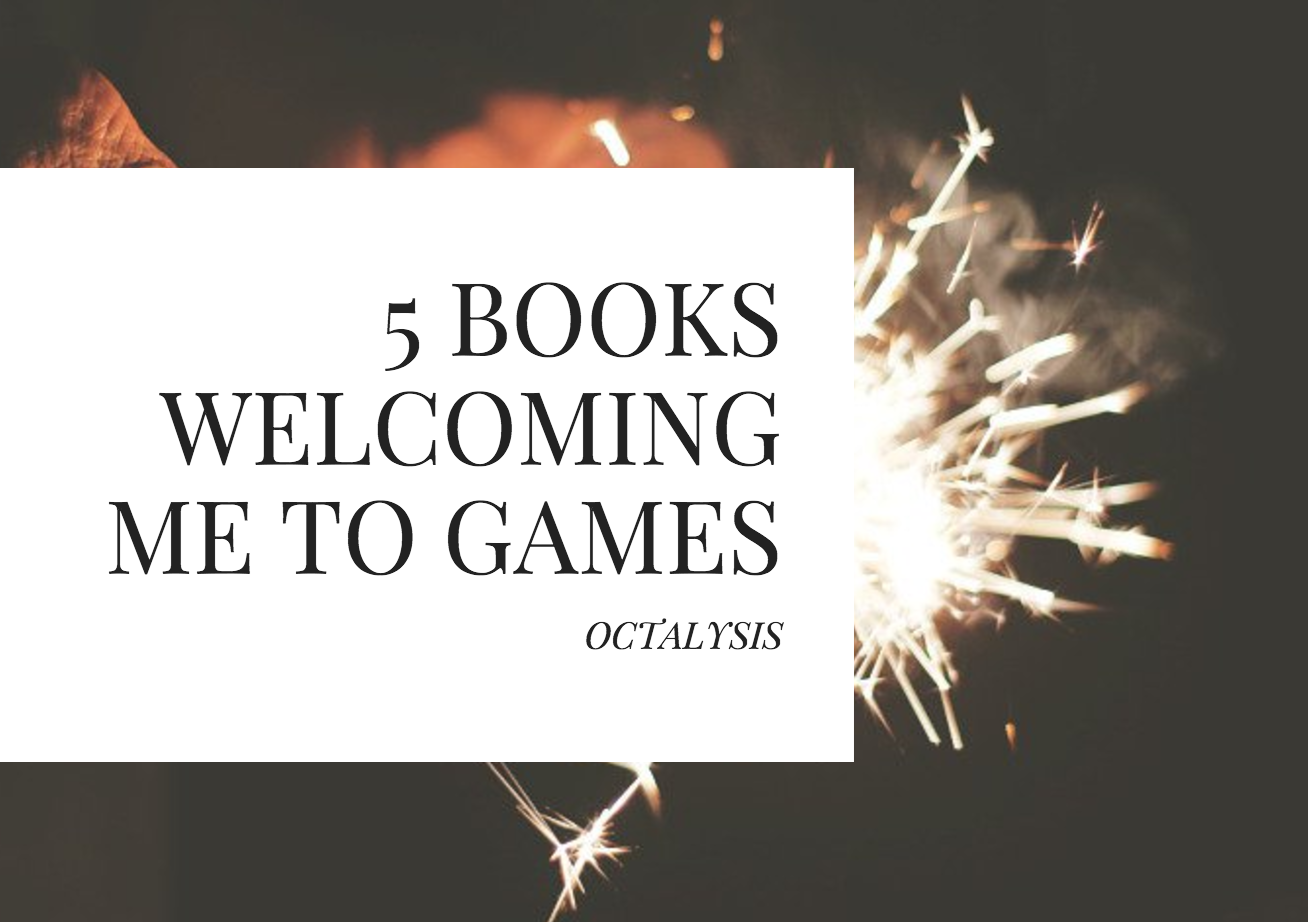
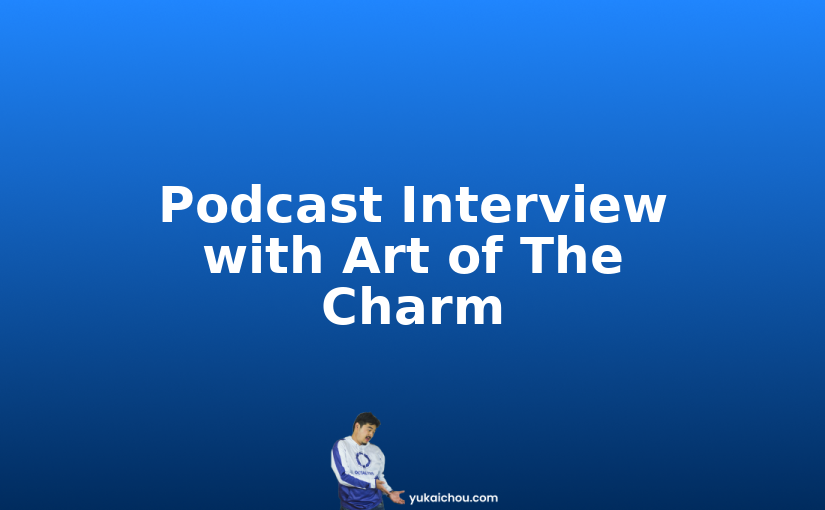
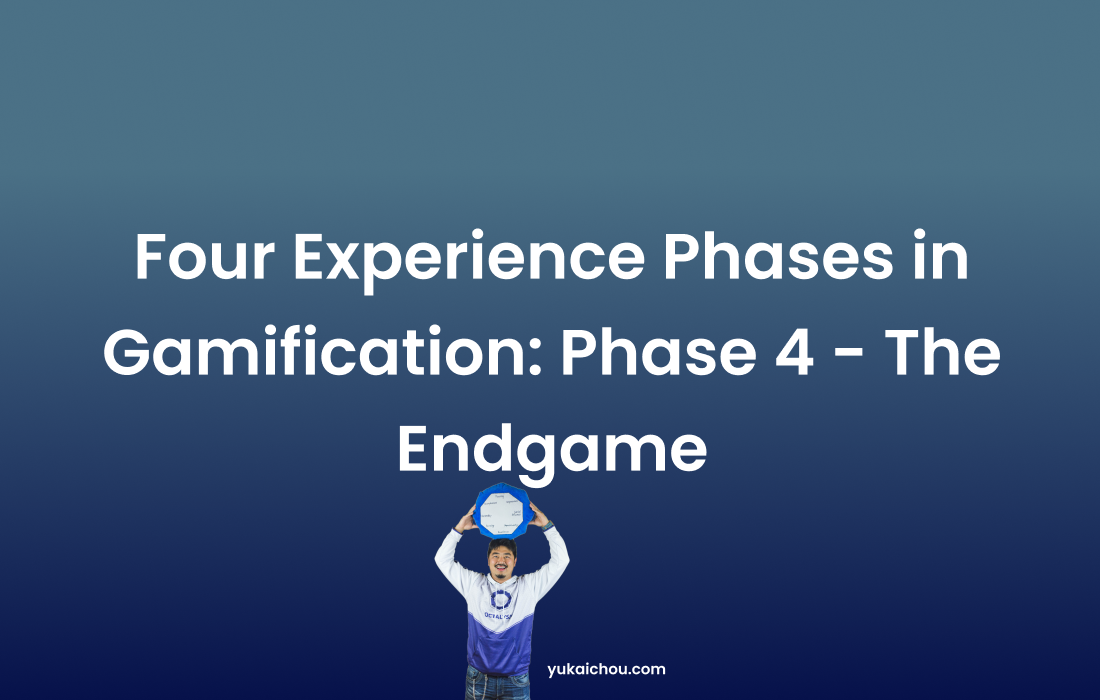

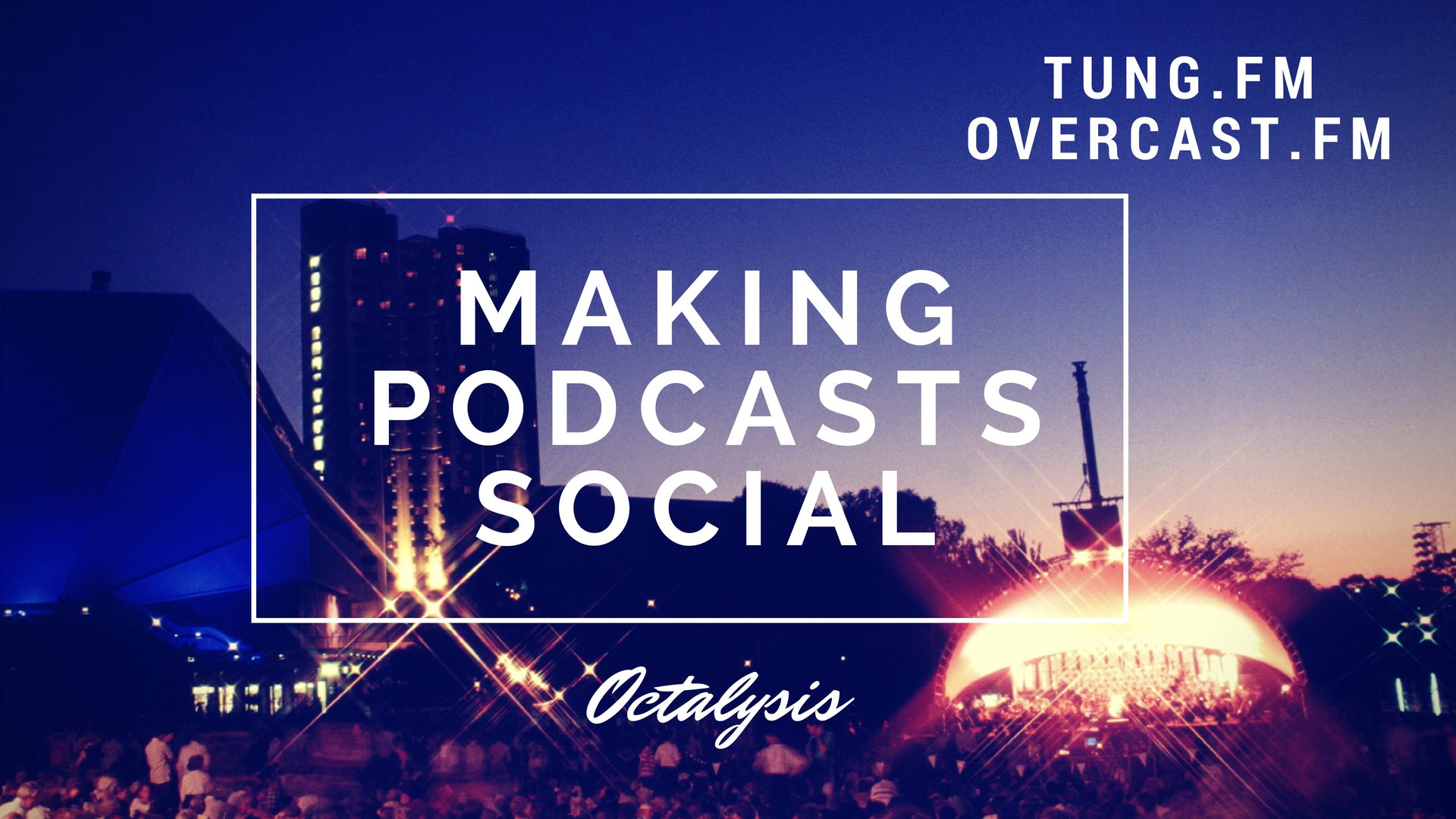
12 responses to “Game Mechanics Octalysis: Grepolis”
I was caught a bit off guard when I thought the article was written by Howard Stern. Thankfully it was a fine author, Howard Shan.
Servers down for Wichita, KS. My husband is going to flip out as he cannot defend against ongoing attacks.
That’s some serious analysis for a 9 year old on a chrome game haha
He said he was a ninth grader not a nine year old…but good analysis
I think i am Playing with Howard Shan right now lol
StijnDeCat kensavage I’ve been more of an AOE person myself. Gotta love them elephants and enchanters – “Oiyoyoyo, Ninini~~” 😉
kensavage
kensavage i got my inspiration for this comment from my Age Of Empires 2 and 3 gameplay, where i stationed my farms always right next to either a windmill or a town center, so my villagers never had to walk that far. i also used to build new lumber camps if the distance between the old and the treeline got larger, a small investment of wood into a new lumbercamp, resulting in faster income of wood, within a minute i regained my investment. I have yet to play civilization, so i have no idea about that game
StijnDeCat Just like the game Civilization from Microsoft I believe.
A link to the game’s site download would have been nice. 🙂 Now I gotta Google it?
StijnDeCat That’s great advice! That way people have to really think about how to optimize their building positions and get rewarded for good problem-solving!
For Empowerment of Creativity and feedback: Allow players to choose the layout of their city and provide synergy’s between buildings that are close to each other. If the academy is close to a troop construction building, your troops from that building get a little better (e.g. stats +5%), and if your academy is close to a farm, you get a little (5%) more income from that farm… you can think of many more synergy’s like this